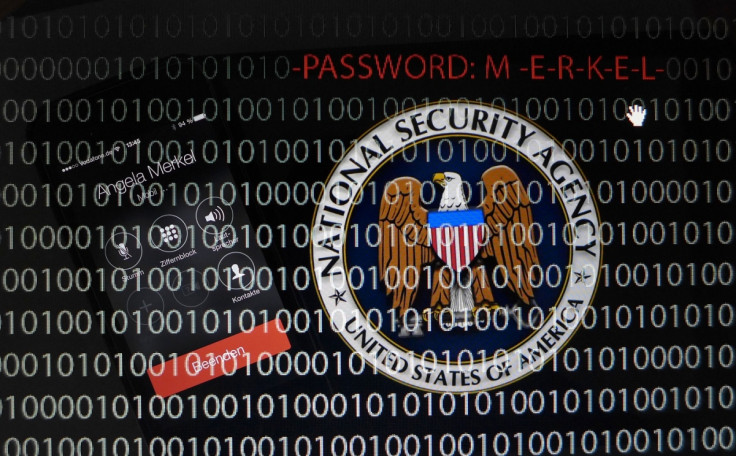NSA Barred From Destroying Phone Records

The US National Security Agency was stopped by a judge from destroying phone records collected via its controversial surveillance practices, after a privacy group said they are still relevant and could be used in the lawsuits against the agency.
US District Judge Jeffrey White in San Francisco issued an order to the NSA blocking the agency's plans to destroy records, starting from 12 March.
"The Court would be unable to afford effective relief once the records are destroyed,'' he wrote.
White also scheduled a hearing for 19 March to assess whether they can be destroyed.
In a 7 March ruling, the US Foreign Intelligence Surveillance Court in Washington barred the NSA from keeping the records for more than five years.
US District Judge Reggie Walton of the surveillance court noted the indefinite holding of phone records "would further infringe on the privacy interest of the United States persons whose telephone records were acquired in vast numbers and retained by the government for five years to aid in national security investigations."
The ruling came after the Electronic Frontier Foundation (EFF), a San Francisco-based internet privacy and civil liberties group, asked the judge for a temporary order to block the NSA move.
The group claimed the records may be used as evidence in its lawsuits challenging the NSA and its controversial surveillance practices.
"If the government proceeds with its planned destruction of evidence, the evidence will be gone," Cindy Cohn, legal director at EFF, said. "This is by definition irreparable."
NSA Reforms
The NSA's surveillance practices have come under worldwide scrutiny following revelations by whistleblower Edward Snowden, a former contractor at the agency.
Snowden leaked top secret documents to the media, revealing the NSA's bulk collection of phone records and internet activity across the globe.
The NSA claimed the surveillance programme was part of its anti-terror measures, but the Barack Obama administration was forced to introduce reforms following revelations that the agency's targets included prominent figures such as German Chancellor Angela Merkel and Brazilian President Dilma Rousseff.
Obama has asked the US Justice Department and the intelligence community to develop a new system of domestic phone data collection.
They are expected to report back before 28 March.
© Copyright IBTimes 2025. All rights reserved.






















